Keep ramming Edith….but always wear a helmet ! Seriously it is difficult, but at times the story stops whether we like it or not. Some relatives I can trace 1,000 years others stop at 200 ~
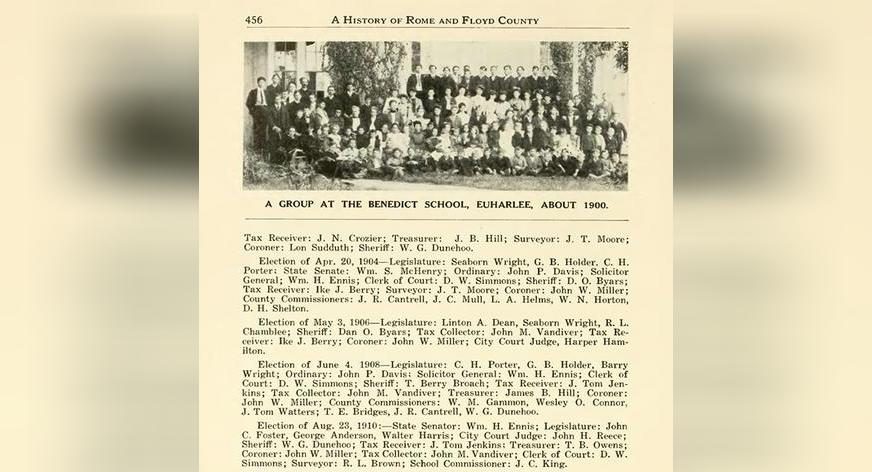

 This is a guest post by George G. Morgan, president of Aha! Seminars, Inc., and an internationally-recognized genealogy lecturer. He is the prolific award-winning author of hundreds of articles for magazines, journals, newsletters, in genealogical publications, and at online sites internationally. His 12th book, the fourth edition “How to Do Everything: Genealogy,” was released in 2015. He is also co-host of “The Genealogy Guys” podcast, the longest-running genealogical podcast, with thousands of listeners around the globe.
This is a guest post by George G. Morgan, president of Aha! Seminars, Inc., and an internationally-recognized genealogy lecturer. He is the prolific award-winning author of hundreds of articles for magazines, journals, newsletters, in genealogical publications, and at online sites internationally. His 12th book, the fourth edition “How to Do Everything: Genealogy,” was released in 2015. He is also co-host of “The Genealogy Guys” podcast, the longest-running genealogical podcast, with thousands of listeners around the globe.
Placing your ancestors into geographical, historical, and social context is one of the most important means of understanding them better. Like you, your ancestors and their families did not live in a vacuum. They were attentive to the news and events of their times. Information they received influenced their opinions and attitudes and helped them make important decisions.
The announcement about a new tax was liable to cause them to worry about how they would make financial ends meet. News of political or religious unrest or about the approach of a foreign army might cause tremendous stress and fear. Economic downturns, drought, famine, and disease all meant potential disaster for the people. Such news could also cause your ancestors to make the crucial decision to migrate elsewhere or immigrate to another country.Genealogy is much more than just collecting names and dates. It involves the active study of history and geography, among other subjects. We should proactively seek written histories to read and gain insights into historical periods in specific places. Where did you ancestors live at a specific time? Have you looked at historic maps of that time and place? What was going on at that time? It is therefore important to use multiple resources and to analyze them in tandem in order to gain the broadest perspective possible.
We are fortunate that so many resources are being made available online to help advance our research. That doesn’t mean that visiting libraries, archives, government repositories, and other facilities is obsolete. We are far from having every record online. However, the resources online are a boon to our research. MyHeritage provides a wealth of data collections for our research. Let’s look at a few of those that can be used in tandem with one another to place your American ancestors into context.
• Census records are essential for placing people into a specific geographical area at a given time. Changes in location from census to census may indicate migration or a change in geopolitical boundaries and government jurisdiction.
• Historic maps provide visual perspective of the areas where your ancestors lived.
• Local and family history books provide information about communities and groups of people, and maybe even details about your family members. The growing number of digitized book collections online, such as the new Compilation of Published Sources at MyHeritage, can open doors with new clues.
• Birth, marriage, and death records can be used to define lifespan and important personal and family events. Other records such as those of Billion Graves can identify burial sites and possibly the interments of other family members.
• Newspapers are chronicles of communities, providing news stories, birth and marriage announcements, obituaries, and so much more. NewspaperARCHIVE.com, available through MyHeritage, and other newspapers and periodicals help create broader pictures of our ancestors’ and their families’ lives.
• Military records such as drafts, military service, and pension records open windows into exciting, traumatic, and even tragic periods of our ancestors’ lives.
• Voter lists and ecclesiastical records place our ancestors in specific locations between decennial censuses.
• Family trees submitted online can help you locate and connect with other researchers researching the same lines. The tree records may provide important clues to missing information and to connect to online indexes and digitized images of original documentary records.
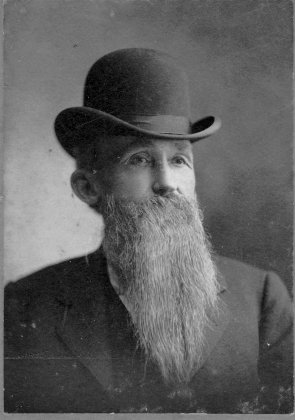
Green Berry Holder, taken by the Georgia State Legislature when he was a state representative in 1905-1906.
My research into the life of my great grandfather, Green Berry Holder (1843-1914), used many of these resources to place him into context. I began with finding him in the 1850 through 1910 U.S. federal censuses, learning along the way where he lived and the names of his wife and children. I studied the historic maps for a visual perspective of every place he was recorded. I watched his occupations change in the censuses from farmer to wholesale grocer to politician, and learned that he was acted as a postmaster along the way. I learned about his military service in the Confederate Army and his testimony in his brother’s military pension hearing.
I located him in county voter lists Local histories mentioned him as a prominent citizen in his community and detailed that he founded the North Georgia Fertilizer Company. Digitized newspapers provided frequent information about him, ads for his grocery business, details of his political career, and the obituaries for both his wife and him in 1914.
I even found a notice of a memorial concert in recognition of his participation in a singing group. I searched for him in the Compilation of Published Sources and located a county history that included him in several places. The following image was captured from the MyHeritage collection of digitized historical books, and is from a book titled History of Rome and Floyd County, GA., Vol. 1, by George Magrudedr Battey, published in Atlanta, Georgia, in 1922. It lists G. B. Holder as having been elected to the [Georgia] Legislature on 4 June 1908.
All of these record types, when taken together and analyzed, can provide exciting insights into who our ancestors were and what their lives were like. Putting your ancestors and their families into historical context can often yield new clues that advance your research. Those clues also can often break down those long-standing brick walls. Better yet, you get to really know your ancestors as people and bring them back to life.
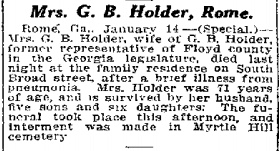
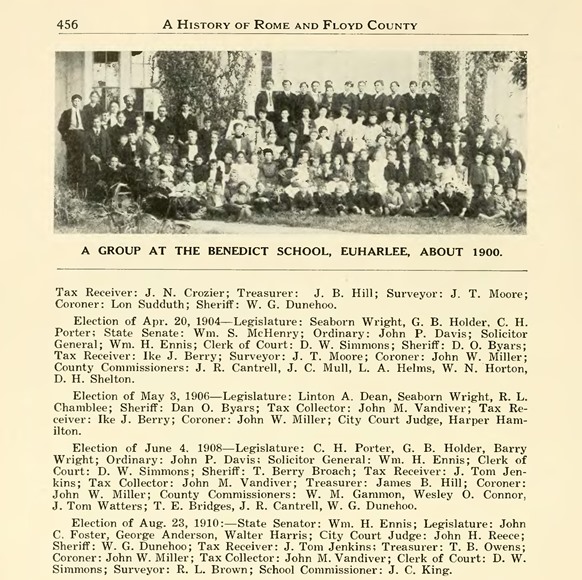

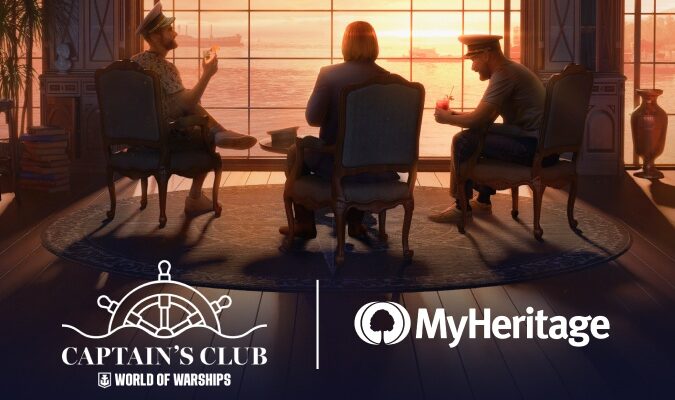




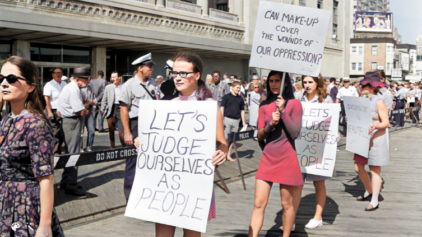
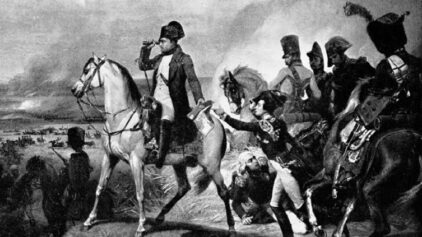
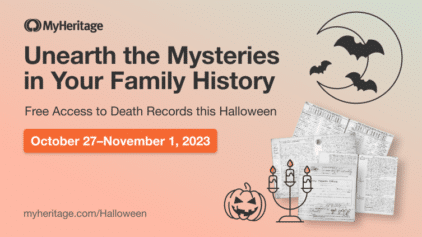
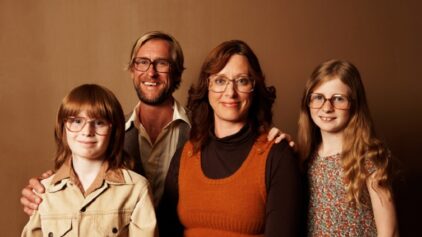
Edith Bavender Lemke
March 2, 2016
It’s those brick walls that you hit that drive you wild. I’ve searched and searched with info I know but hit a wall to get through it!